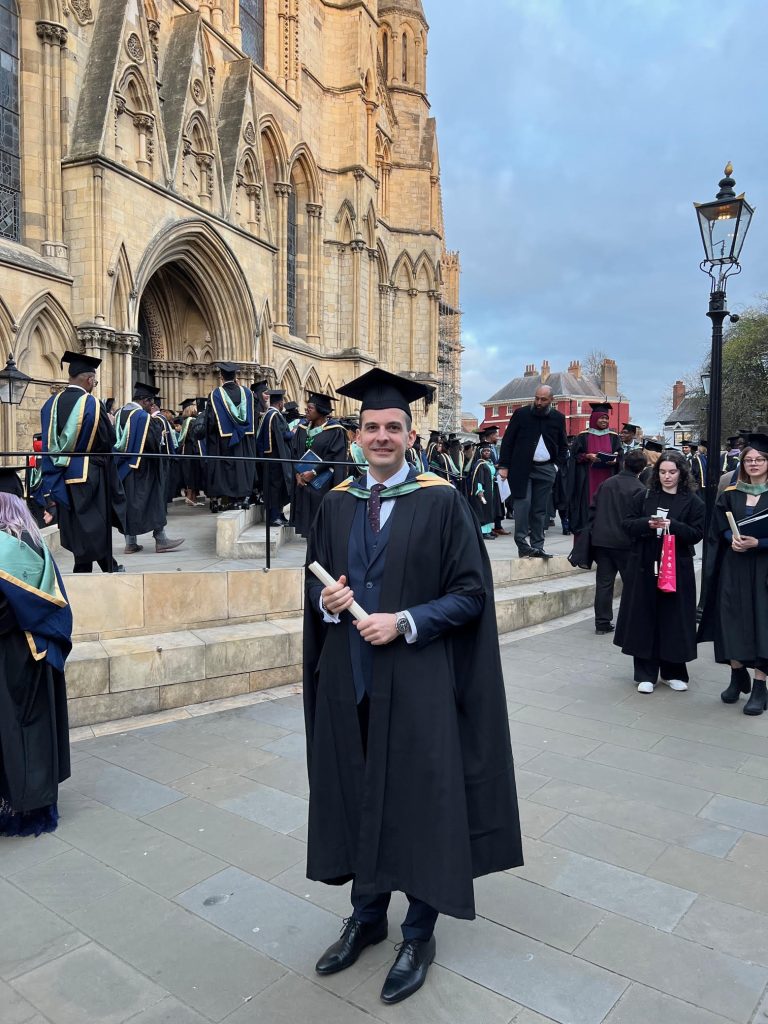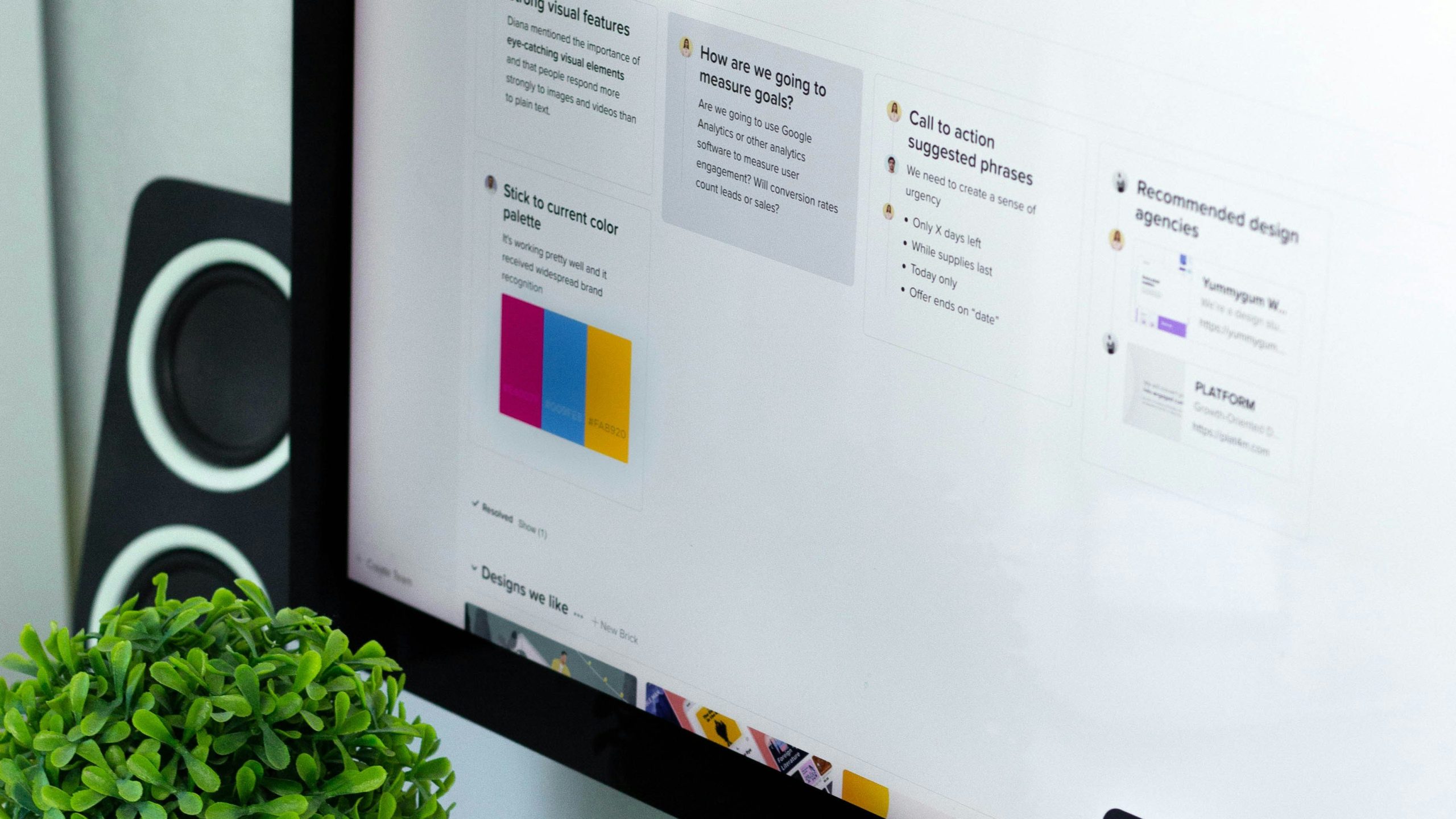Embarking on an online degree presents an exciting opportunity for personal and professional growth! The convenience and accessibility of online learning truly open up a world of higher education for many individuals across the globe. However, you may encounter some unique challenges along the way. With the right preparation, you can maximise this experience and lay the groundwork for your success.

Here are 12 tips to consider before starting your online degree programme, along with how these steps can positively influence your academic journey.
1. Clarify Your Goals
Before enrolling in an online programme, it’s wise to reflect on what motivates you to pursue this degree. Are you seeking to advance your career, transition to a new field, deepen your knowledge, or achieve a personal goal?
How this helps: Having clear goals inspires you and guides you through your studies. When challenges arise (and they inevitably will), those goals will remind you of your purpose and help you stay focused on achieving your dreams.
2. Research and Choose the Right Programme
Online programmes come in all shapes and sizes! It’s essential to consider factors like accreditation, curriculum, faculty, flexibility, and support services. Take some time to assess how well the programme aligns with your career objectives and personal requirements—you deserve a great fit!
How this helps: Selecting the appropriate programme can significantly impact the effectiveness with which you acquire valuable skills and knowledge. Furthermore, an accredited degree can enhance your attractiveness in the job market! With Robert Kennedy College’s (RKC) 100% online degree programmes, you will earn a degree from a government-accredited British university. Our degrees are recognised worldwide. Click here for more information.
3. Organise Your Finances

Take a moment to review the tuition fees and any extra expenses, such as software subscriptions or internet upgrades. It’s also wise to explore monthly payment plans or employer sponsorships that can help alleviate your financial burden.
How this helps: Being financially prepared can alleviate your concerns, allowing you to focus on your studies without the persistent anxiety over funding your education. For information regarding RKC’s fees, discounts, instalments, a sample payment plan, and conversion to your local currency, please click here.
4. Master Time Management Skills
Online learning requires a significant amount of self-discipline. Create a schedule that allocates time for classes, assignments, self-study, work, and personal commitments.
How this helps: Effective time management ensures you stay on track and meet deadlines without feeling overwhelmed. A structured approach enables you to balance your studies with other responsibilities.
5. Set Up a Dedicated Study Space
Select a comfortable, quiet location where all your essentials are readily available, such as your laptop, a reliable internet connection, stationery, and sufficient good lighting.
How this helps: Establishing a consistent study environment can make a significant difference. It helps minimise distractions and subtly signals to your brain that it’s time to focus. In this way, you can significantly enhance your productivity and concentration!
6. Build a Support Network

Share your plans with family, friends, or colleagues! Their support can genuinely help you adhere to your study schedule. And remember to connect with other students online; it’s an excellent way to cultivate a sense of community together!
How this helps: Emotional support and camaraderie genuinely make the journey feel more interconnected and less isolating. A robust network offers valuable insights, shares helpful resources and serves as an excellent sounding board for your ideas!
7. Evaluate Your Technological Needs
It’s wise to keep your laptop or computer up to date and ensure it has sufficient processing power, storage, and reliable security software. To further enhance your experience, consider investing in comfortable noise-cancelling headphones and a quality webcam, if needed.
How this helps: Reliable technology ensures everything operates smoothly, enabling you to enjoy engaging in live sessions or watching recorded lectures fully. This significantly enriches your overall learning experience!
8. Develop a Growth Mindset
Pursuing a degree online is an exhilarating journey that presents its share of challenges but offers a fantastic opportunity to learn and develop. Remember, each step forward may involve a few bumps along the way, and that’s perfectly fine!
How this helps: A growth mindset encourages you to confront academic challenges with resilience and to focus on finding solutions rather than becoming overwhelmed by difficulties. It enhances your confidence and allows you to thrive!
9. Get Organised with Tools and Apps
Consider utilising productivity apps like calendars, task managers, and note-taking tools to help you stay organised with your deadlines, assignments, and goals.
How this helps: Staying organised enables you to avoid those last-minute scrambles and makes it easier to manage your workload smoothly. With these handy tools, you can keep everything right where you need it, simplifying your academic routine!
10. Practice Self-Care
Online learning can be a wonderful journey, but it certainly requires both mental and physical energy. To maximise the experience, ensure you prioritise getting enough sleep, staying active with some exercise, and enjoying a nutritious diet. Also, don’t forget to schedule those essential breaks during your study sessions.
How this helps: A well-rested and healthy mind shines brightly in academics! By avoiding burnout, you can stay motivated and sustain your productivity throughout the programme.
11. Work on Communication Skills

Effective communication in writing is vital for success in online learning! You can email your professors, engage in lively discussion boards, and collaborate with your classmates throughout the journey.
How this helps: Open and friendly communication fosters meaningful connections, enhances clarity in submissions, and enables us to express our ideas confidently.
12. Prepare for Self-Motivation
Online learning, unlike traditional classrooms, encourages you to be more self-directed. Take a moment to reflect on what inspires you! It could be creating a vision board, establishing regular progress checks, or treating yourself to small rewards as you complete tasks. No matter what it is, discovering your motivation can make the journey all the more enjoyable!
How this helps: Cultivating your self-motivation enables you to remain consistent and engaged, particularly when you lack substantial external support.
An online degree equips you with specialised knowledge and skills essential for success. Achieving this demands strategic preparation and effort. By setting clear goals, managing your time effectively, leveraging technology, and nurturing a growth mindset, you can optimise your programme and fulfil your academic and professional objectives. These steps empower you to excel academically and savour the learning experience.
This chapter of your life is not merely a stepping stone—it is a wonderfully transformative experience that paves the way for countless opportunities. By taking the time to prepare, you will embark on a truly fulfilling and enriching academic journey that lies ahead. If you are ready to start, click here to apply.








































